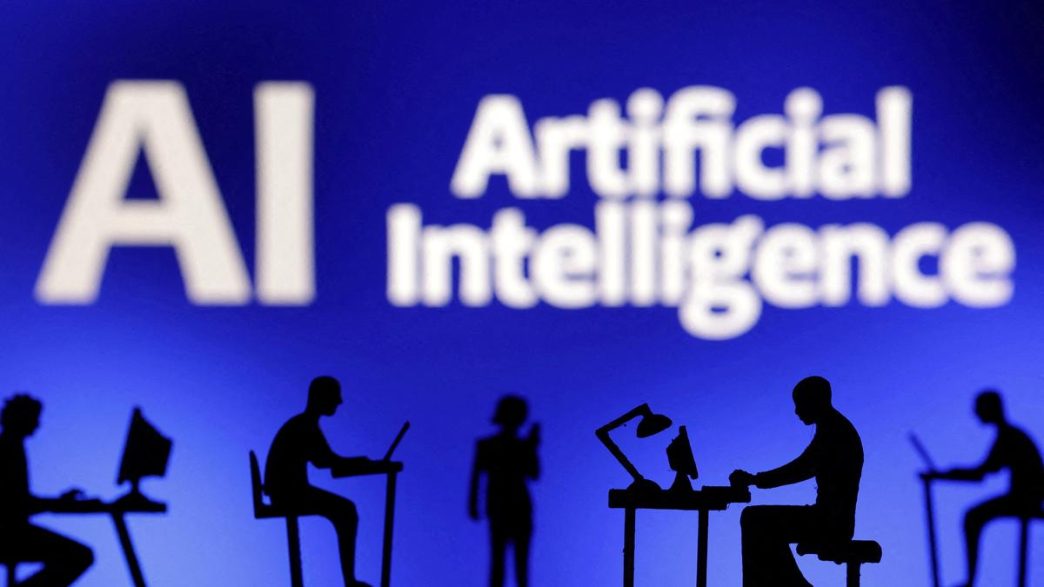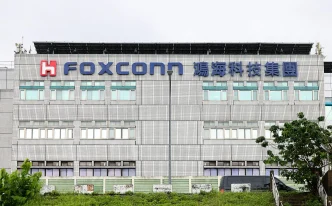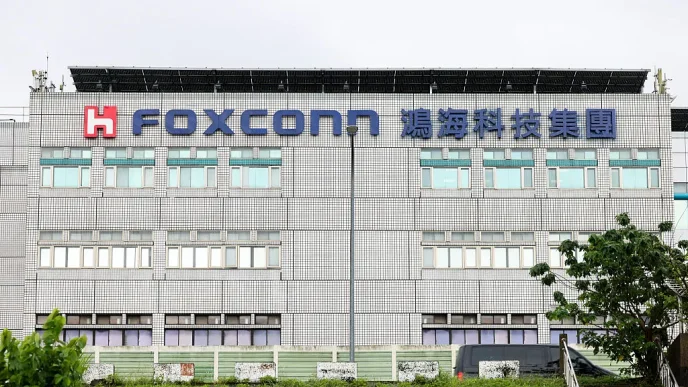In India’s SMEs and MSME manufacturing sectors, Artificial Intelligence (AI) is underutilized and should be viewed as a transformative opportunity rather than a disruptive challenge, according to industry experts who addressed a summit hosted here on Wednesday.
Industry players underscored the significance of enterprises leveraging the potential of AI to optimize processes, enhance decision-making, and scale sustainably in an increasingly digital economy while speaking at the summit on “Transforming industries with AI to achieve unmatched productivity and efficiency.”
Chandrashekar Bharathi, Managing Director of AceMicromatic MIT, stated, “AI is a rapidly evolving technology that should be part of the DNA of any manufacturing company. It enables individuals to perform more complex tasks, thereby enabling them to explore new opportunities.”
As we transition into Industry 5.0, it is not solely about automation; it is also about the intelligent collaboration between human ingenuity and digital precision. This includes the use of AI-driven platforms to harmonise data, enhance contextual awareness, and predict challenges before they occur, from manufacturing floors to leadership decisions.
According to Kenji Anzari, Head of CNC Systems at Mitsubishi Electric India, “AI is the cornerstone of the future of manufacturing.” Human-machine collaboration is essential, as it enables devices to comprehend and respond intelligently to user commands, thereby bridging information gaps.
Mr. Anzari asserted that AI in manufacturing transcended automation; it facilitated intelligent automation, which in turn enhanced the efficiency, adaptability, and sustainability of smart factories.
He further stated that AI-led solutions were necessary to address challenges such as workforce development, productivity enhancement, and global competitiveness. These solutions ranged from smart supply chain innovation to skill gap reduction and predictive maintenance. “AI is not merely an upgrade; it is the foundation for a more resilient, safer, and intelligent industry, thereby establishing manufacturers at the forefront of global transformation.”
G Prakash, Chairman of the Manufacturing Expert Committee at BCIC, provided context by stating that India has a vast manufacturing base, with over 90% of industrial entities falling under the MSME category. These enterprises are responsible for 48% of India’s exports, employ 110 million individuals, and contribute nearly 30% of India’s GDP.
“However, a significant number of micro, small, and medium-sized enterprises (MSMEs) had yet to adopt digitalization, Industry 4.0, or AI, frequently considering these technologies to be both costly and intricate.” His assertion was that AI is not a luxury; it is a necessity.
Currently, affordable cloud-based and plug-and-play models are available to provide AI-driven solutions that can deliver productivity benefits of 15% to 30%. These solutions facilitate energy optimization, quality monitoring, and predictive maintenance.
“AI adoption in manufacturing is currently at 35–40%, with substantial growth in the United States, Germany, and China.” However, India is still behind, with less than 25% adoption in organized manufacturing and even lower among MSMEs, according to Mr. Prakash.
The AI revolution in manufacturing is not about the replacement of workers; rather, it is about the enhancement of their capabilities, according to Vineet Verma, President of BCIC. While job security concerns persist, AI functions as an enabler, freeing employees from repetitive tasks and enabling them to concentrate on strategic and creative contributions. He also emphasized the importance of adaptability and upskilling in order to succeed in this changing environment.















